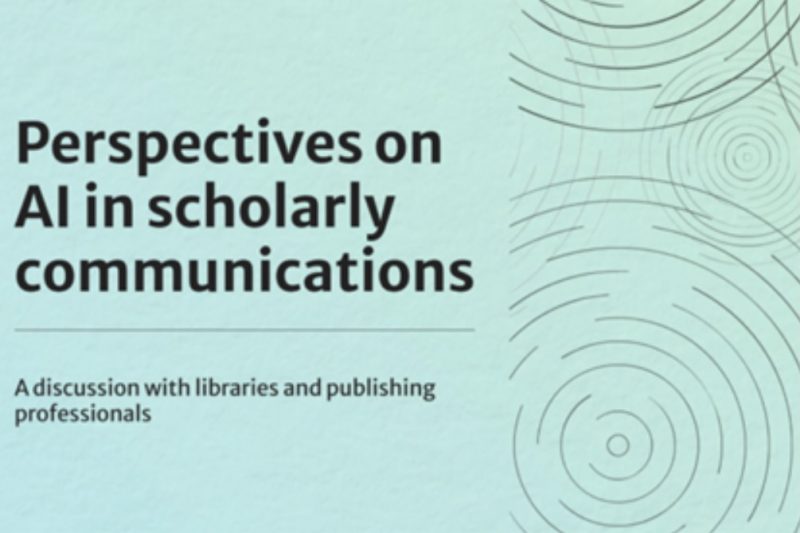Perspectives on AI in scholarly communications

What does AI really look like in the day-to-day work of scholarly communications?
AI is becoming an integral part of scholarly communications, supporting literature reviews, streamlining publishing workflows and reshaping how information is discovered and shared. As its presence expands, so does the need to understand how it’s being applied in real-world contexts. To explore this evolving role, a new perspectives report brings together insights from both library partners and Springer Nature experts who are actively engaging with AI in their work:
- Library leaders from the Francis Crick Institute, Norwegian University of Science & Technology, Manipal Academy of Higher Education, and Carnegie Mellon University share how they’re experimenting with generative tools to support researchers, boost efficiency and navigate emerging responsibilities.
- Springer Nature experts reflect on how AI is being integrated across the publishing process, from improving manual publishing processes to supporting research integrity checks, and how ethical considerations are guiding its responsible development.
Rather than offering a single viewpoint, the report presents a collection of experiences and observations, as a snapshot of how AI is being approached across different roles and regions.
Inside the report:
- Examples of how librarians are supporting researchers in using AI technologies
- Reflections on publishing workflows and editorial innovation
- Key learnings and considerations when implementing AI
- A range of perspectives on opportunities, practical use cases and future directions
Read the full Perspectives on AI in scholarly communications report here.

